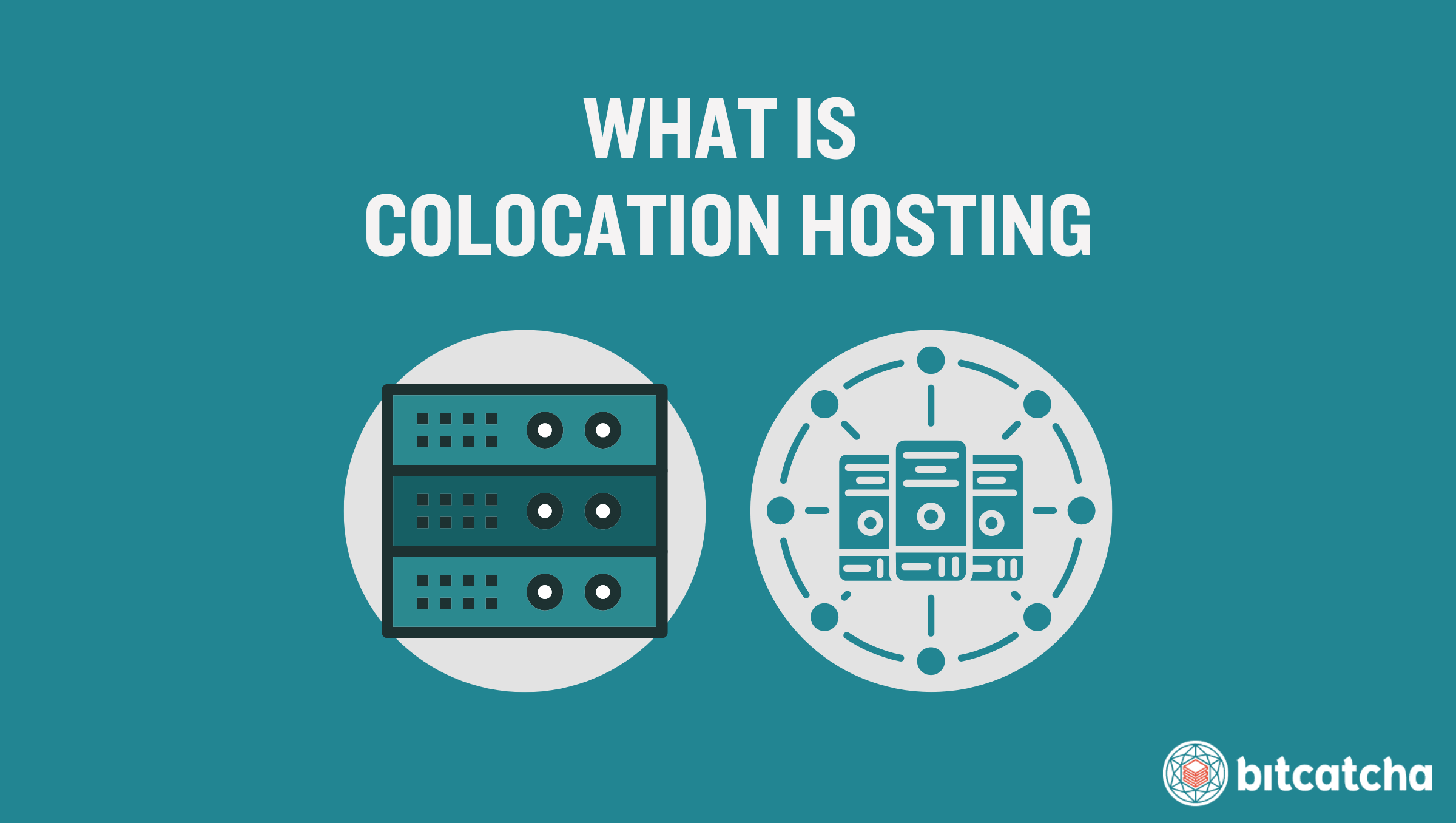Colocation hosting is a type of hosting where businesses place their servers in third-party data centers. The provider supplies space, power, cooling, and connectivity, while clients maintain full control over their hardware. This hosting model therefore provides access to enterprise-grade storage facilities whilst preserving your own independent resources.
The 3 advantages of colocation hosting include high security, full server control, and cost-effective access to premium infrastructure. The 2 disadvantages are that it requires significant upfront investment and technical expertise for hardware management. Enterprises with compliance needs and businesses with existing hardware should use colocation hosting for secure, reliable facilities. Conversely, colocation is unsuitable for organizations with small budgets or lacking IT staff due to high costs and technical demands.
Ensure you choose the right colocation hosting plan by evaluating infrastructure, location, and pricing. 2 alternative hosting types to colocation hosting include dedicated hosting and cloud hosting.

table of contents
- What Is the Definition of Colocation Hosting?
- How Does Colocation Hosting Work?
- What Are the Advantages of Colocation Hosting?
- What Are the Disadvantages of Colocation Hosting?
- Who Should Use Colocation Hosting?
- Who Should Not Use Colocation Hosting?
- How Do I Choose a Colocation Hosting Service?
- What Are the Alternatives to Colocation Hosting?
What Is the Definition of Colocation Hosting?
Colocation hosting, also known as “co-located hosting,” is a type of hosting where clients house their own servers in a third-party data center. The data center provider ensures physical security and access to enterprise-grade infrastructure, while clients retain total ownership and control of their hardware and resources. Similar to dedicated hosting, colocation allows clients exclusive use of their server’s resources without sharing. This makes it a popular choice for those needing high-performance hosting or custom hosting requirements.
Colocation vs Dedicated Hosting: What’s the Difference?
The difference between colocation vs dedicated hosting is that colocation hosting involves client-owned servers, while dedicated hosting uses provider-owned hardware. Setting up dedicated hosting is more simple since the web host manages both hardware and infrastructure for the client.
How Does Colocation Hosting Work?
Colocation hosting works by letting clients rent space in a third-party data center to house their servers. Clients supply their own hardware, which the provider powers, cools, and connects to high-speed internet. The provider ensures physical security and infrastructure reliability, but the client retains responsibility for server configuration and maintenance.
To start using colocation hosting, clients purchase servers and transport them to the data center. The provider allocates rack space and connects the equipment to power and network systems. The client manages hardware setup, software installation, and ongoing updates, ensuring full control over server operations.
What Are the Advantages of Colocation Hosting?
The 3 advantages of colocation hosting are full control, enhanced security, and cost-effective access to premium infrastructure. Colocation offers full control because clients manage their servers with custom configurations and software. It provides enhanced security because clients use the provider’s secure and redundant facilities. It delivers cost-effective access to premium infrastructure because businesses keep their servers in a safe, professional environment without the high costs of managing such facilities themselves. Providers ensure advanced cooling, physical security, and uninterrupted power supplies to support server reliability.
What Are the Disadvantages of Colocation Hosting?
The 2 disadvantages of colocation hosting are high initial costs and significant technical demands. Colocation hosting has high initial costs because businesses need to purchase their own server hardware. It has significant technical demands because technical skills are required to set up, maintain, and troubleshoot servers. These technical demands are further complicated by limited physical access to servers at the data center, making emergency maintenance more challenging.
Who Should Use Colocation Hosting?
Enterprises with compliance needs and businesses with existing hardware should use colocation hosting. Enterprises with compliance needs should use it because colocation ensures secure environments for industries like healthcare, finance, and legal services requiring HIPAA or GDPR compliance. Businesses with existing hardware should use it because colocation provides reliable facilities with cooling, power, and security to support their servers without the costs of in-house infrastructure.
Who Should Not Use Colocation Hosting?
Businesses with limited budgets and companies needing fully managed services should not use colocation hosting. Businesses with small budgets should not use it because co-location involves high upfront costs for hardware and ongoing expenses for rack space and bandwidth. Companies needing fully managed services should not use it because colocation requires technical expertise for setup and maintenance. Startups or small organizations without IT staff struggle with these demands.
How Do I Choose a Colocation Hosting Service?
Choose a colocation hosting service by evaluating 3 things: infrastructure, location, and pricing. Firstly, check that their infrastructure facilities include robust physical security, redundant systems, and scalability. Providers like Equinix, CoreSite, Rackspace, and Digital Realty have strong reputations in this space. Secondly, check its geographical proximity to you in order to minimize travel time for server maintenance. Finally, check that the pricing meets your budget. This varies based on rack space, bandwidth, and power consumption.
What Are the Alternatives to Colocation Hosting?
Alternatives to colocation hosting refer to different types of hosting that address its limitations of cost and complexity. 2 popular alternatives to colocation hosting are dedicated server hosting and cloud hosting. Both offer powerful and generous resources, but differ in their infrastructure setup.
Dedicated Server Hosting
Dedicated server hosting is an alternate type of hosting where a client leases a physical server exclusively. It offers control over resources, similar to colocation hosting, but uses provider-managed hardware and removes the need for hardware maintenance. Compare them directly in our article on colocation hosting vs dedicated server hosting.
Cloud Hosting
Cloud hosting is an alternate type of hosting that uses virtual servers managed entirely by the provider. Unlike colocation hosting, it avoids hardware ownership and offers better scalability for changing resource needs. Compare them directly in our article on cloud hosting vs colocation hosting.
